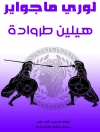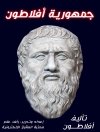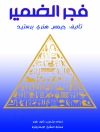Digging, recording, and writing are the three main processes that archaeologists undertake to analyze a site, yet the relationships between these processes is rarely considered critically. Reconsidering Archaeological Fieldwork asserts that each of these processes involves at least a bit of subjective interpretation. As a group of archaeologists work together to reconstruct an objective view of the past, at a particular time, at a particular site, their field methods and subjective interpretations affect the final analysis.
This volume explores the important nature of the relationship between fieldwork, analysis, and interpretation. Containing contributions from a diverse group of archaeologists, both academic and professional, from Europe and the Americas, it critically analyzes accepted practices in field archaeology, and provide thoughtful and innovative analysis of these procedures. By combining the experiences of both academic and professional archaeologists, Reconsidering Archaeological Fieldwork highlights key differences and key similarities in their concerns, theories, and techniques. This volume will incite discussion on fundamental questions for all archaeologists, both old and new to the field.
Tabella dei contenuti
1
Introduction.- Part One. Exploring Fieldwork Theory and Practice.- An Archaeology of Many Steps.- The case of Glasinac.- Fiel.












